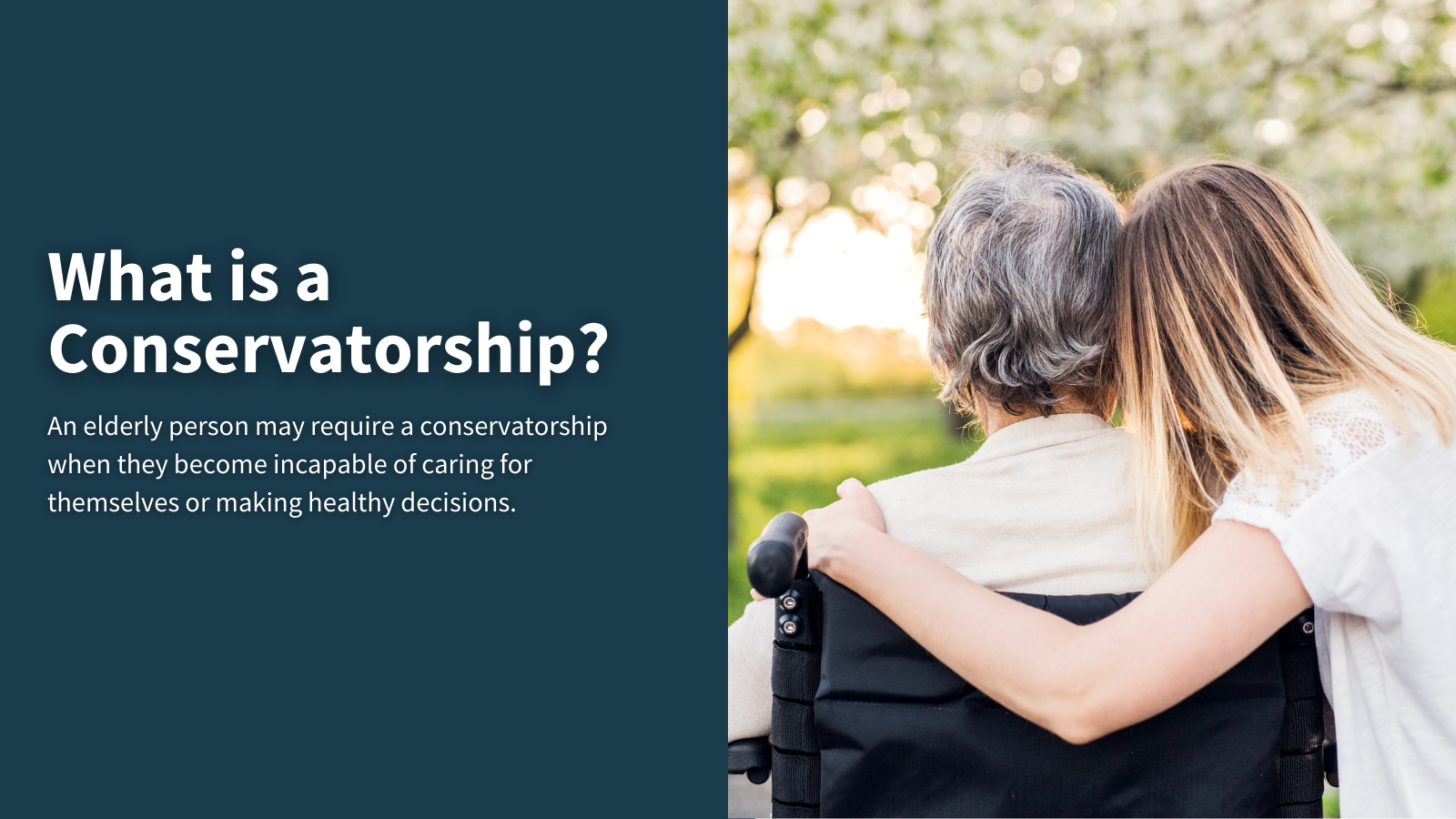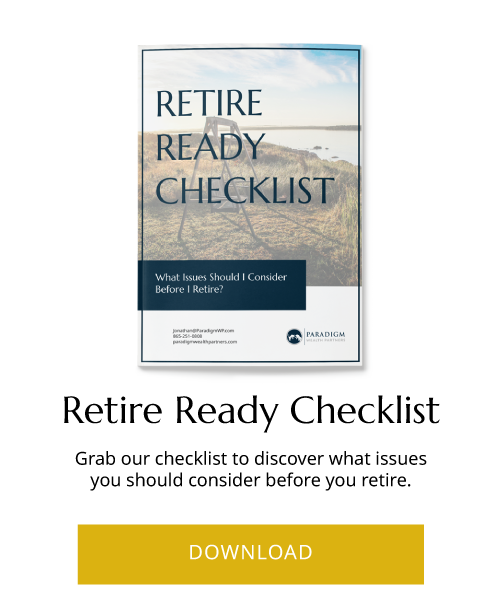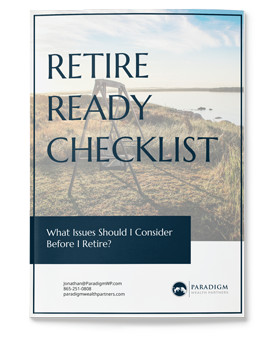What is a Conservatorship?
Thanks to the recent documentary Framing Britney Spears, conservatorships have been in the news lately. Spears has lived under a court-ordered conservatorship controlled by her father for the past 13 years. This is something the singer has been trying to end.
The documentary certainly paints an ugly picture of conservatorships, but they can have their place, particularly for elderly family members.
What is a Conservatorship?
Conservatorships for older people are called elderly conservatorships or elderly guardianships. They’re a legal relationship whereby a court-appointed person cares and makes decisions, medical and financial, among other issues for a person the court has determined can no longer care for or make decisions for themselves.
Conservatorships and power of attorney are very similar, but there are some key differences:
- A person creates a power of attorney agreement voluntarily, before they are in a position where they can no longer make decisions for themselves. A conservatorship is created after a person has lost the ability to make decisions for themselves.
- Establishing a conservatorship happens in a public court proceeding while establishing a power of attorney is handled privately.
- Establishing a conservatorship is a much more expensive process than establishing a power of attorney.
- The principal chooses the person they want to designate, having power of attorney over them, while the court selects the person who will hold a conservatorship.
When is a Conservatorship Necessary?
An elderly person may require a conservatorship when they become incapable of caring for themselves or making healthy decisions. That can mean they can no longer take care of personal care tasks. Tasks like bathing, dressing, taking medication, or properly managing their money and other assets.
A conservatorship may also be necessary when the person in question does not have a power of attorney or healthcare directive already in place and no longer has the mental capacity to create them. A conservatorship may also be required when there is an existing power of attorney, but that document is somehow fraudulent or invalid.
When is a Conservatorship Not Necessary?
If the person has established power of attorney, a health directive, or has a revocable living trust, a conservatorship may not be necessary. Trust assets are not subject to a court-ordered conservatorship should the grantor become incapacitated.
How to Establish a Conservatorship
Each state has its process for establishing a conservatorship, but generally, the following can petition the court to designate a conservator:
- The person in question
- The spouse or established domestic partner of the person in question
- A relative
- A friend
- A local or state agency
The process of establishing a conservatorship is complex and lengthy as it is by design. It is taking away a lot of autonomy and rights from the person who will be under the conservatorship. Again, each state has its own process for the procedure, but it generally looks something like this:
- A petition for Appointment of a Conservatorship is filed with the court. The filing contains information about the person in question, the person or entity filing the petition, the relatives of the person in question, and why establishing a conservatorship is considered necessary. The petitioner also has to explain why there are no viable alternatives to establishing a conservatorship.
- The person in question and their relatives are informed of the petition.
- The court investigates the situation to decide if the conservatorship is necessary.
- A hearing is held during which a judge reviews the petition, hears witness statements to determine if the person in question is unable to care for and make decisions for themselves, and based on the information, decides whether or not to grant the petition.
This is the Conservatorship process in a very small nutshell. It can require months and multiple hearings if the person in question or a person or people close to the objects to the petition.
The Key is Planning Ahead
There are some circumstances where the need to establish a conservatorship could not have been foreseen; an accident or injury that impairs cognitive function, a sudden onset illness, mental or physical, or a substance dependency that a family wasn’t aware of or wasn’t aware of the severity of.
But the long, expensive, and possibly contentious process of establishing a conservatorship can almost always be avoided by putting in place a power of attorney agreement, health directive, or revocable living trust. These things are part of any sound financial plan that you can establish with the help of your Certified Financial Planner. Because an ounce of prevention is worth a pound of cure.
Wanting more financial advice and expertise? Read more of our blogs here!
IMPORTANT INFORMATION
The content in this material is for general information only. This information is not intended to be a substitute for individualized legal advice. Please consult your legal advisor regarding your specific situation. Paradigm Wealth Partners and LPL Financial do not provide legal advice or services.
LPL Tracking #1-05135323



